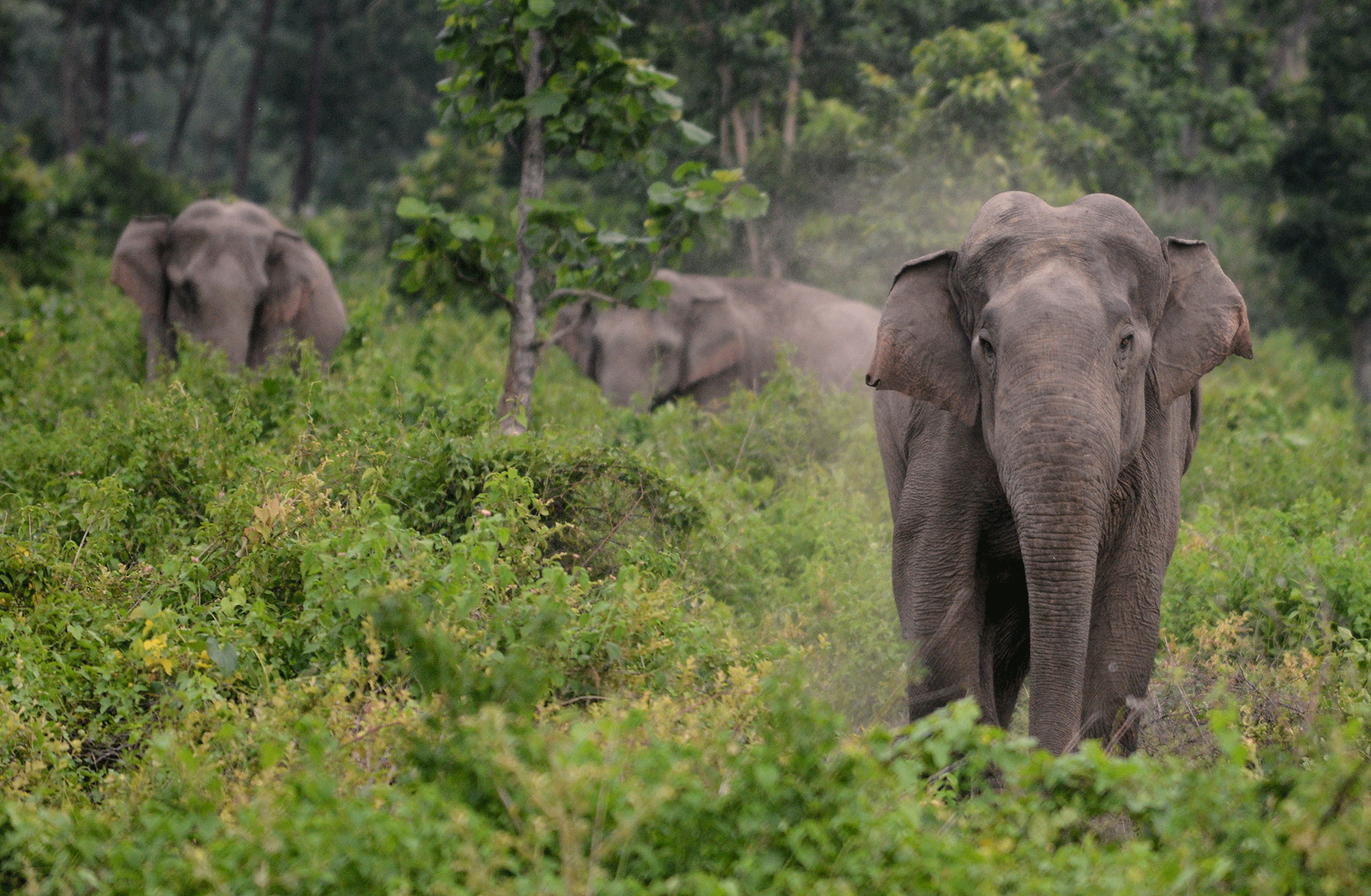Elephants seek safety in Gabon
100 elephants are being slaughtered for their ivory every day in Africa, and Gabon is a refuge for some of the remaining population

Your support helps us to tell the story
From reproductive rights to climate change to Big Tech, The Independent is on the ground when the story is developing. Whether it's investigating the financials of Elon Musk's pro-Trump PAC or producing our latest documentary, 'The A Word', which shines a light on the American women fighting for reproductive rights, we know how important it is to parse out the facts from the messaging.
At such a critical moment in US history, we need reporters on the ground. Your donation allows us to keep sending journalists to speak to both sides of the story.
The Independent is trusted by Americans across the entire political spectrum. And unlike many other quality news outlets, we choose not to lock Americans out of our reporting and analysis with paywalls. We believe quality journalism should be available to everyone, paid for by those who can afford it.
Your support makes all the difference.African elephants are crossing borders between countries in the continent to escape poachers who are trying to kill them to make money on the ivory market. Many of these elephants are seeking refuge in Gabon, a country with lower poaching levels than its neighbours.
Gabon is now home to half of Africa’s remaining forest elephant population, providing a habitat for 45,000 out of the estimated 100,000 left in central Africa. Due to this, the country is also an attractive target for poachers.
However, Gabon is strongly committed to elephant preservation. The country has been able to tackle the poaching crisis due to political stability, low levels of government corruption and managed control over natural resources and elephant habitats. President Ali Bongo Ondimba has also tasked Lee White, the head of Gabon National Parks, with the mission of making elephant protection a priority for the Gabonese people.
British-born Lee White was one of the first zoologists to highlight the scale of the poaching threat in Gabon. He manages the 11 per cent of the country that is made up of national parks, and led the expansion of the Gabonese wildlife service.
The wildlife service has expanded from 60 eco-guards to more than 650, and its budget increased from $1m to $18m to pay for new vehicles, uniforms, sniffer dogs and weapons.
Despite this, poachers are still infiltrating elephant protection areas in Gabon, and the fight is by no means over.
Join our commenting forum
Join thought-provoking conversations, follow other Independent readers and see their replies
Comments